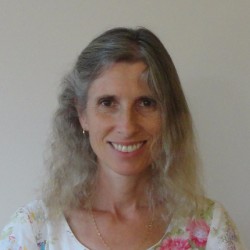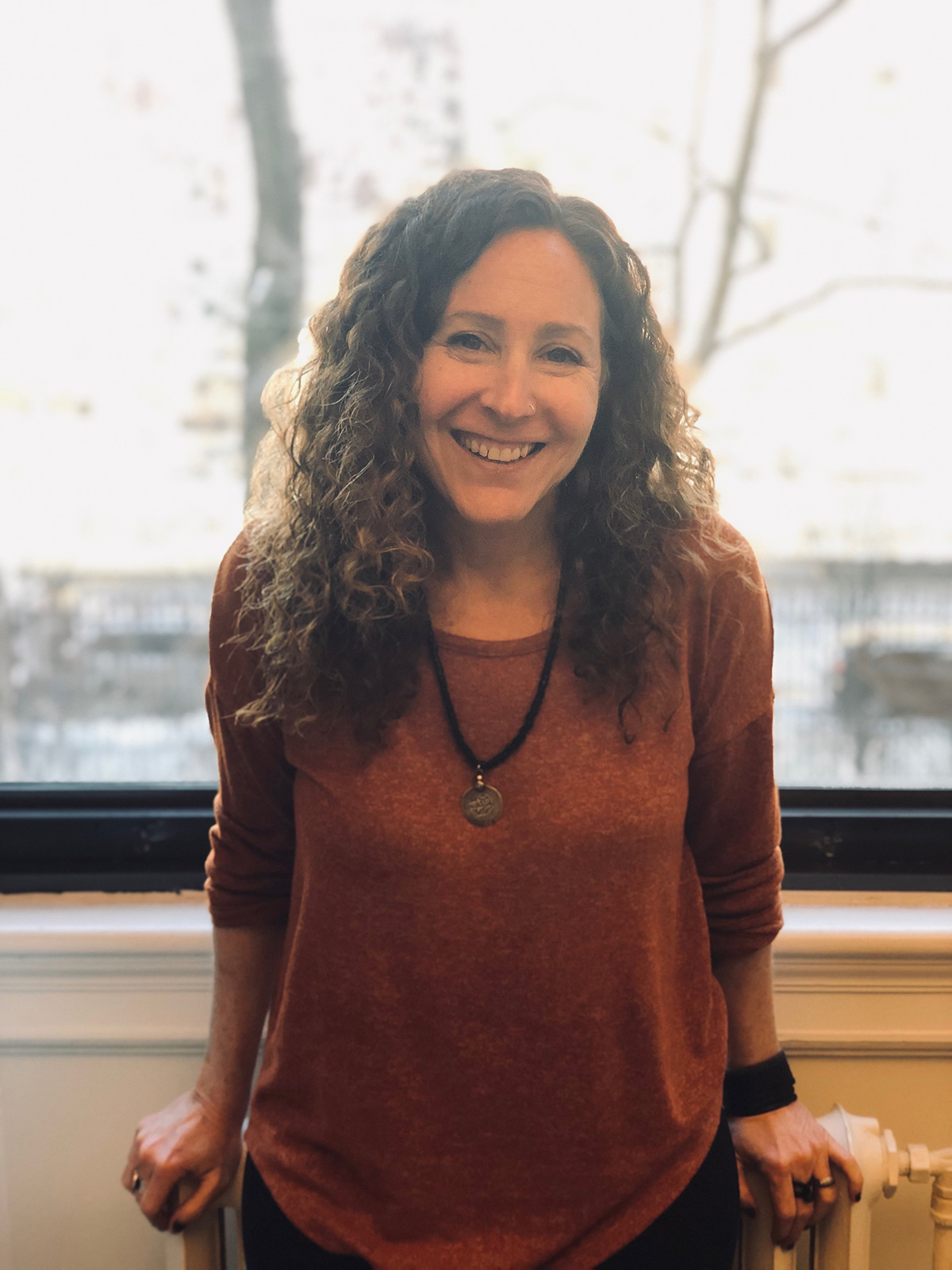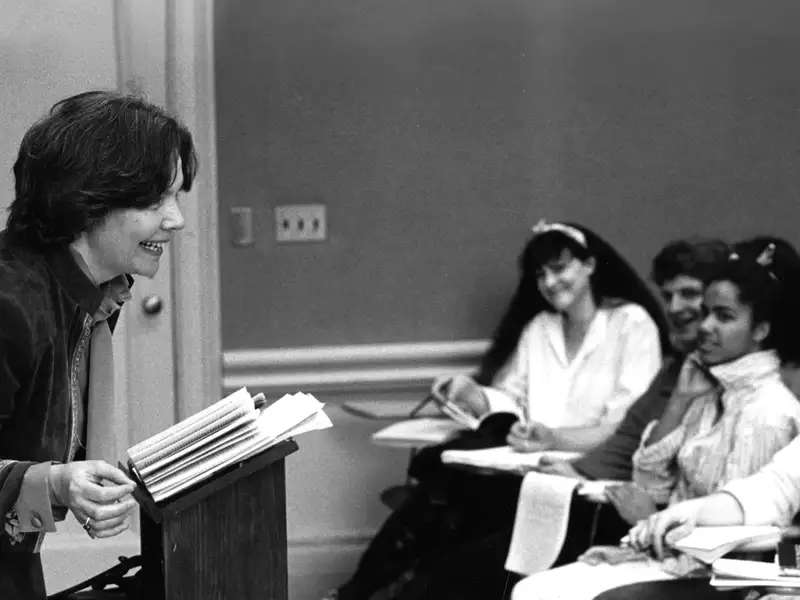[Above: Professor Anne Prescott teaching, 1984. Photo by Scott McKiernan]
Long before educators created new ways to provide instruction for remote learning, Barnard’s faculty were reimagining and reinventing methods to better connect students with coursework. Their commitment to creativity has been championed by their most important audience — Barnard students. Some have ignited students’ passion for research by serving as thesis advisors, while others have created lasting mentorship bonds that began when students entered Barnard as first-years.
To celebrate Women’s History Month and the contributions of Barnard’s many amazing professors, throughout the month of March we are highlighting a selected set of faculty in a four-part series who have been with the College for 10 years or longer and won teaching and leadership awards for their devotion and service to students and pedagogy. Included are reflections from students and alumnae who’ve been inspired by these stellar faculty members — on campus and beyond the gates.
*Check back next week for the fourth and final installment.
Rachel McDermott, Professor and Chair of Asian and Middle Eastern Cultures
A faculty member since 1994, Rachel McDermott has sought to expand her students’ understanding of South Asia, specifically India and Bangladesh, by focusing on religious traditions. Her approach works: McDermott won the Emily Gregory Award in 2010 and the Gladys Brooks Faculty Excellence in Teaching Award in 1998.
As part of her commitment to the study of comparative religion, McDermott presented a free and virtual master class with the South Asia Institute at Columbia University in December 2020, in which students had opportunities to ask direct questions about her research.
“I valued the lectures given by Professor McDermott. She was absolutely fantastic and engaging, and I always came to class excited to hear what she’d have to say.” —From an anonymous student’s course evaluation (2019)
Reshmi Mukherjee, Helen Goodhart Altschul Professor of Physics & Astronomy
A faculty member since 1997, Reshmi Mukherjee has helped students better engage with physics across all academic levels, from an introduction to experimental methods to quantum physics. She was awarded the Gladys Brooks Junior Faculty Excellence in Teaching Award in 2000.
Mukherjee engages her astrophysics students in her research by having them execute high-energy gamma-ray studies at the VERITAS Observatory in the Coronado National Forest. And, when a telescope was confirmed to detect high-energy gamma rays from the Crab Nebula in 2020, a multinational project that Mukherjee helped lead, she brought in two postdoctoral scholars to assist with data analysis and a recent graduate to help with software development. On campus, Mukherjee has mentored STEM students through the College’s Summer Research Institute (SRI).
"I knew very little about astrophysics [during my first semester] but was immediately drawn to the questions astrophysicists were asking. The questions were so huge, so fundamental. That’s what I love about astrophysics. There are so many things that we don’t understand, so much discovery space, and even a first-year undergraduate can help push the boundaries of knowledge.” —Erin Kara ’11, professor of physics at MIT, reflecting on her Classical Mechanics course with Mukherjee (2020)
Wendy Schor-Haim, Director of First-Year Writing Program, Senior Lecturer of English
Wendy Schor-Haim meets writers at a time in their lives when they may be most unsure of themselves — as first-year college students. During her 13 years at Barnard, the recipient of the Emily Gregory Award and the Adviser of Distinction Award, both in 2015, has helped countless young writers develop greater confidence as they hone their skills.
Her dedication to stretching students academically from the moment they join the community is evident in the programs that she oversees. In addition to directing the First-Year Writing Program since 2015, Schor-Haim launched, and still teaches, the First-Year Writing Workshop. “One of my favorite things to do in my classes is to use theory, especially feminist and psychoanalytic theory, to open up texts in unexpected ways,” Schor-Haim wrote. “I love theory both because I like big ideas and because it allows us to find surprising deeper meanings in our readings.”
Schor-Haim is also co-director of the College’s new, uniquely student-centered first-year course, Big Problems: Making Sense of 2020.
[Wendy Schor-Haim] helped me revise my essays 100 times. She would meet me in office hours or after hours. She was so dedicated to ensuring I was successful.” —Mariany Polanco ’13 in Barnard Magazine (2016)




